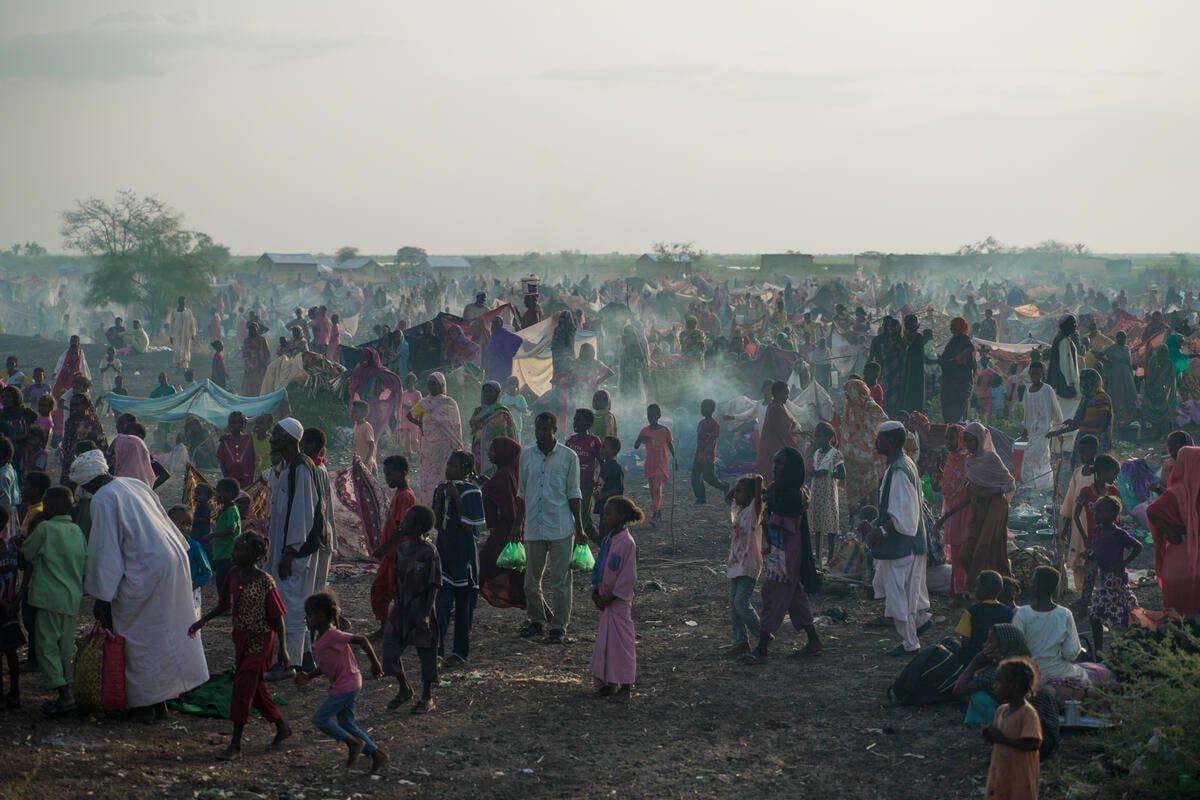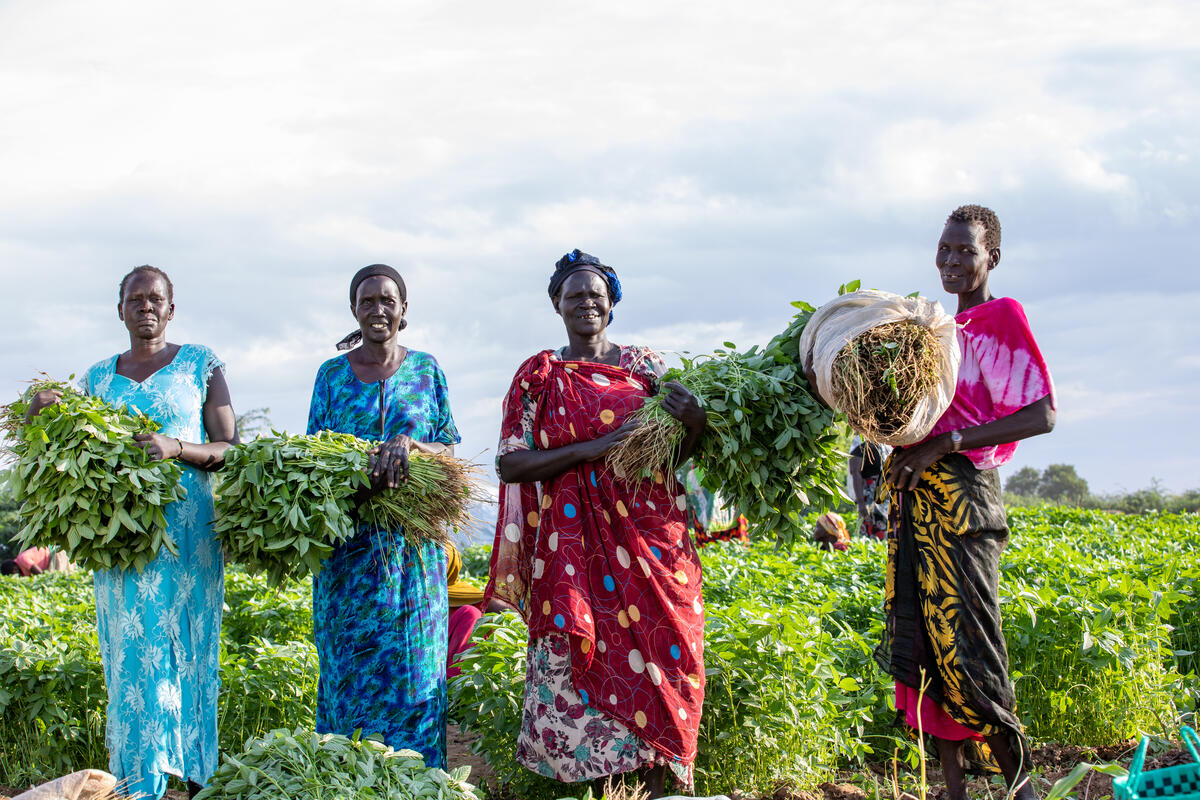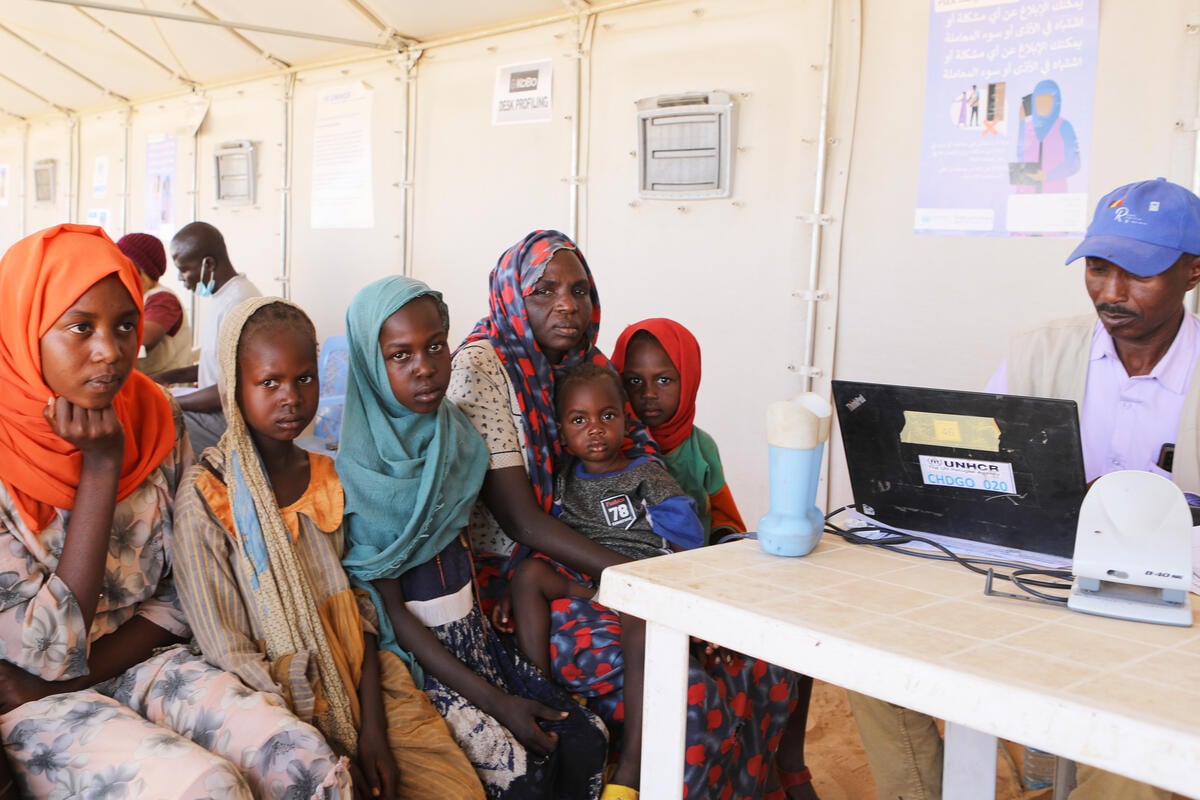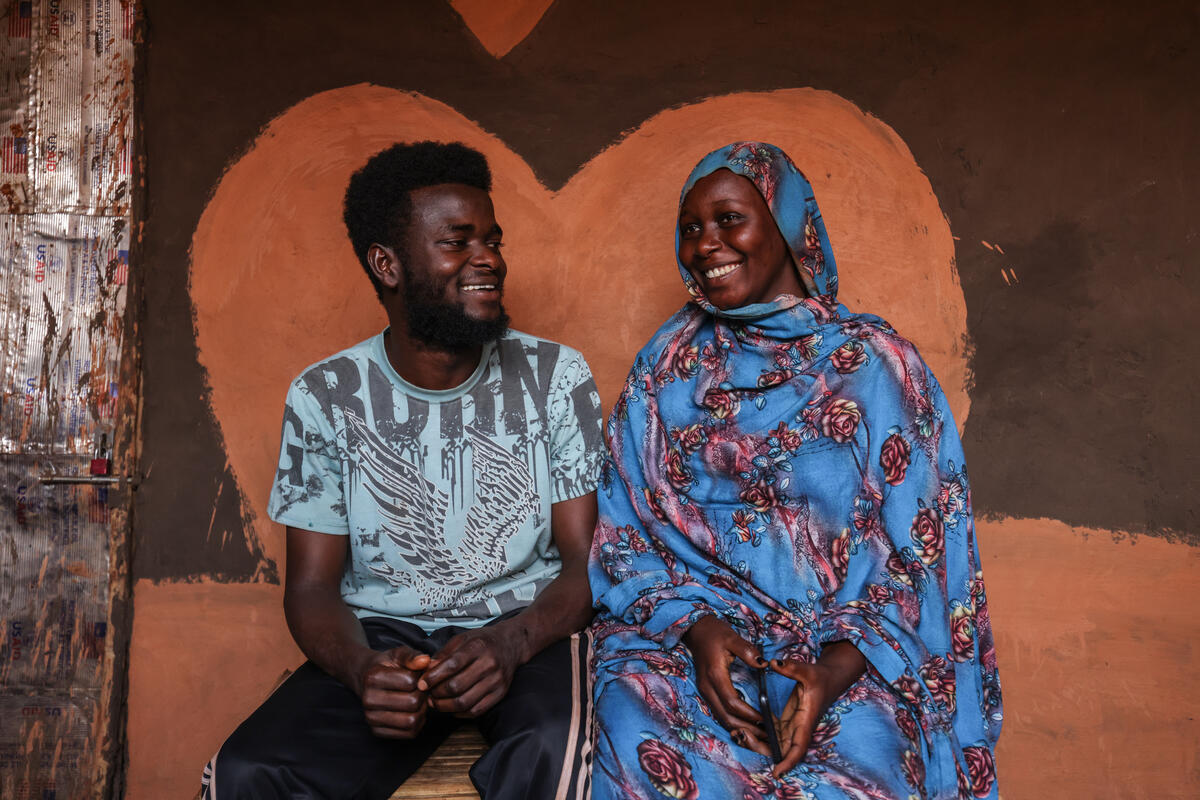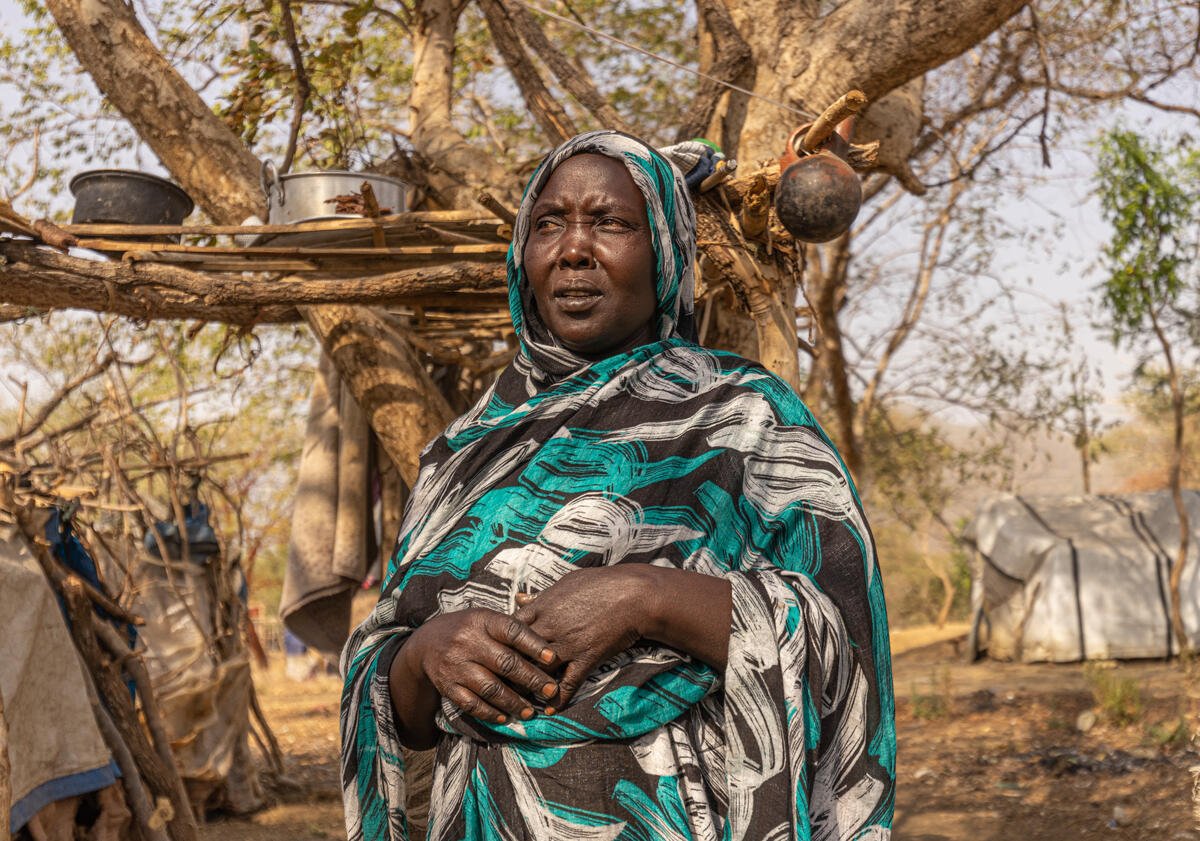Eritrean returns cross 50,000; more expected under new action plan
Eritrean returns cross 50,000; more expected under new action plan
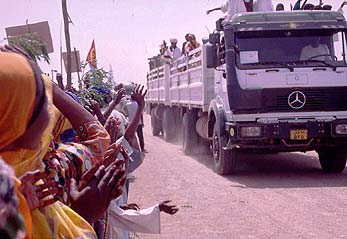
ASMARA, Eritrea, June 25 (UNHCR) - The number of Eritrean refugees returning home from Sudan crossed the 50,000 mark last weekend. More are set to follow as a recent tripartite meeting between UNHCR and the governments of Eritrea and Sudan agreed to extend repatriation registration to refugees in urban centres.
On Sunday, 960 Eritreans crossed from the eastern Sudan town of Kassala to Tesseney in western Ethiopia. This marked the 91st return convoy since the voluntary repatriation programme started in May last year, bringing the total number of assisted returns during this period to 50,479.
Hundreds of thousands of refugees fled Eritrea for neighbouring countries as a result of the country's war of independence from Ethiopia, which started in the mid-1960s, and a harsh famine in 1984/5. In the wake of the border conflict between Ethiopia and Eritrea in May 2000, nearly 100,000 more fled their homeland.
UNHCR is assisting more than 164,000 Eritrean refugees living in camps in eastern Sudan. Hundreds of thousands more are estimated to have settled spontaneously in urban centres across Sudan.
In view of the cease-fire agreement signed between Eritrea and Ethiopia in June 2000 and both countries' acceptance of the recent decision by the International Border Committee, UNHCR announced in May this year that refugee status for all Eritreans would cease by the end of this year.
Many Eritrean refugees have already returned home, whether on their own or through the UNHCR-assisted initiative, which has so far been limited to refugees living in camps.
At the tripartite meeting held late last week, the governments of Eritrea, Sudan and UNHCR agreed to implement a new plan of action to register refugees living in urban centres, and to set up a joint UNHCR/Sudan legal screening committee to determine Eritrean refugee claims for continued asylum in Sudan.
The parties also agreed that registration would continue till year end, with return convoys continuing till those registered have been transported home.


